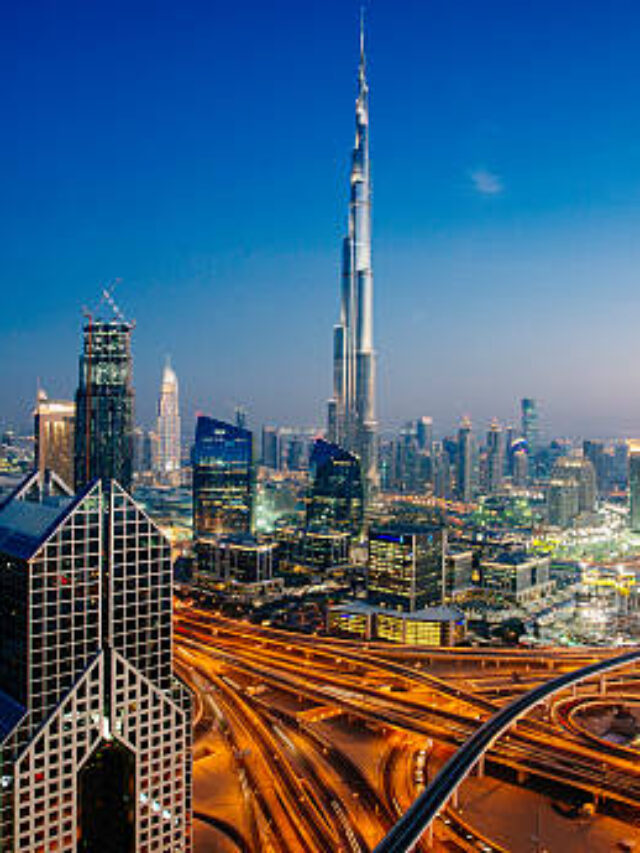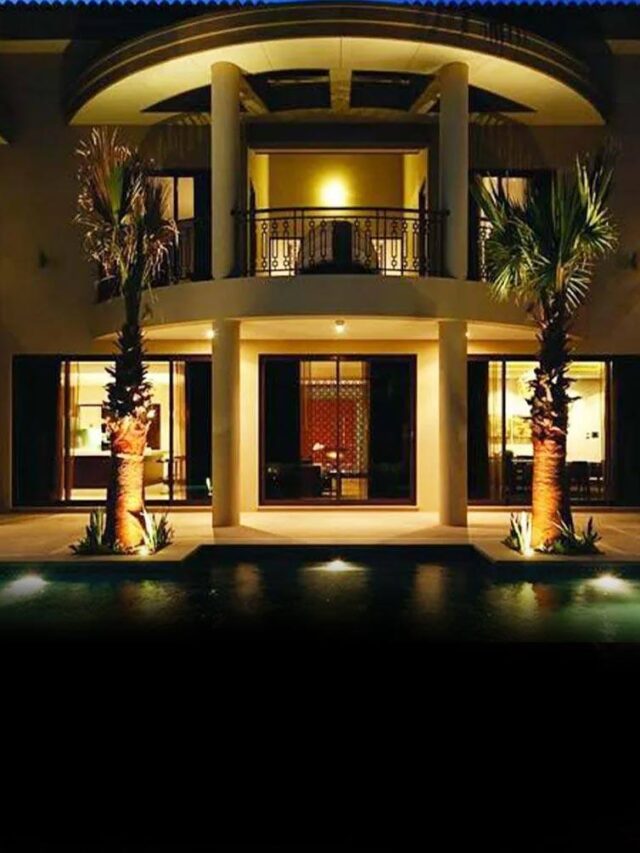Wellness-oriented community living is rising to the forefront, redefining the preferences of Dubai’s urban dwellers.
Dubai’s real estate market is undergoing a transformative shift, with community-centric living emerging as the dominant trend shaping the future of leasing. This evolution reflects the growing demand for integrated neighborhoods, prioritizing —
- convenience
- sustainability
- a sense of belonging
The focus on community-centric developments is redefining the city’s residential landscape.
The Rise of Community-Centric Living
Community-centric living emphasizes creating vibrant neighborhoods that offer a blend of residential, commercial, and recreational facilities. Developments such as Dubai Hills Estate, Jumeirah Village Circle (JVC), and Mohammed Bin Rashid City are leading the way, providing residents with access to —
- green spaces
- fitness centers
- schools
- retail outlets
These integrated communities cater to the modern resident’s desire for a holistic lifestyle, combining convenience with a strong sense of community. Experts highlight that this trend is driven by shifting consumer preferences, with tenants and investors prioritizing the following —
- sustainability
- smart technology
- wellness-oriented amenities
Projects like Dubai Sustainable City and Eywa in Business Bay exemplify this approach, offering —
- eco-friendly designs
- advanced air and water filtration systems
- wellness-focused features
Market Dynamics & Leasing Trends
The demand for community-centric developments is reshaping leasing patterns in Dubai. Rental prices in these neighborhoods are rising, with areas like JVC and Dubai South offering competitive pricing between AED 800 and AED 1,500 per square foot while maintaining high rental yields of up to 9%. These developments are particularly appealing to young professionals and families seeking affordable yet high-quality living options. In contrast, traditional luxury areas such as Downtown Dubai and Palm Jumeirah continue attracting high-net-worth individuals but face slower growth rates than emerging community-focused neighborhoods.
Government Support and Future Prospects
Dubai’s government is actively supporting this shift through initiatives like the Dubai 2040 Urban Master Plan and the Super Block Initiative, which aim to enhance livability and sustainability. These policies align with the emirate’s broader goals of fostering inclusive communities and achieving net-zero carbon emissions by 2050.
The Final Word
As Dubai’s realty market evolves, community-centric living is set to dominate the future of leasing. By integrating luxury, sustainability, and connectivity, these developments are not only meeting the needs of modern residents but also solidifying Dubai’s position as a global leader in urban innovation.


